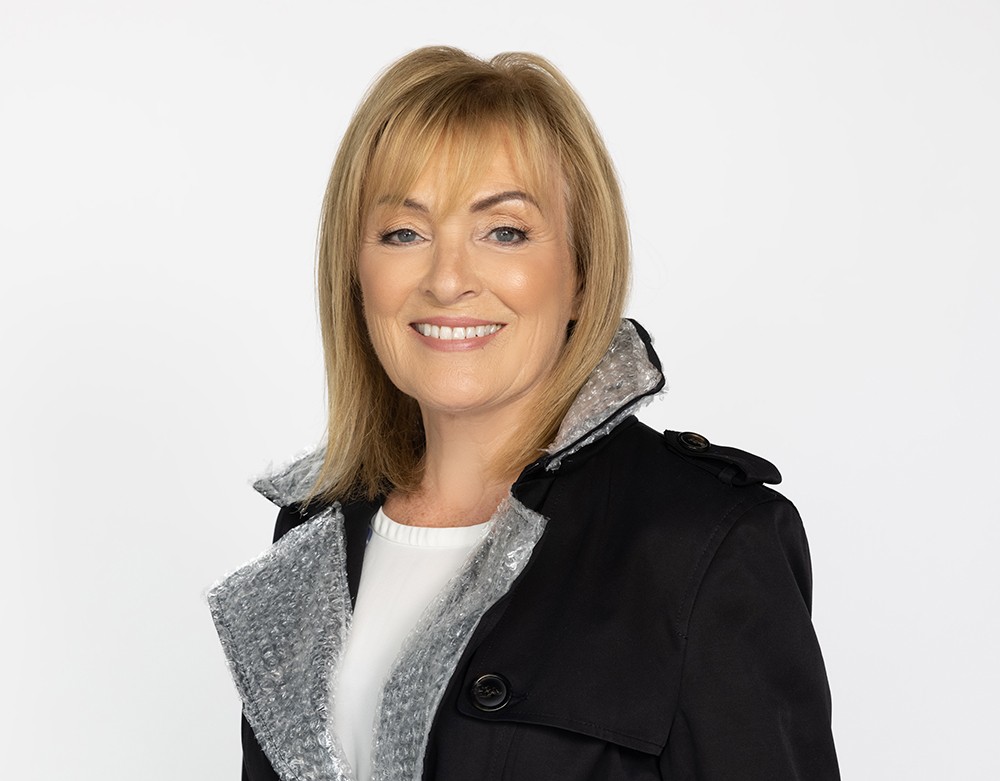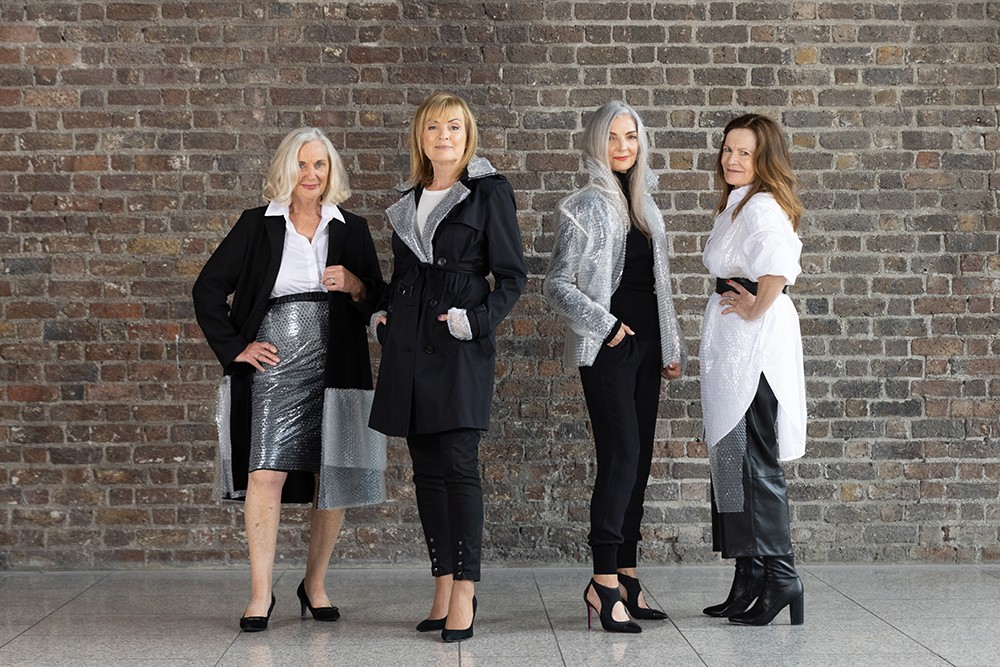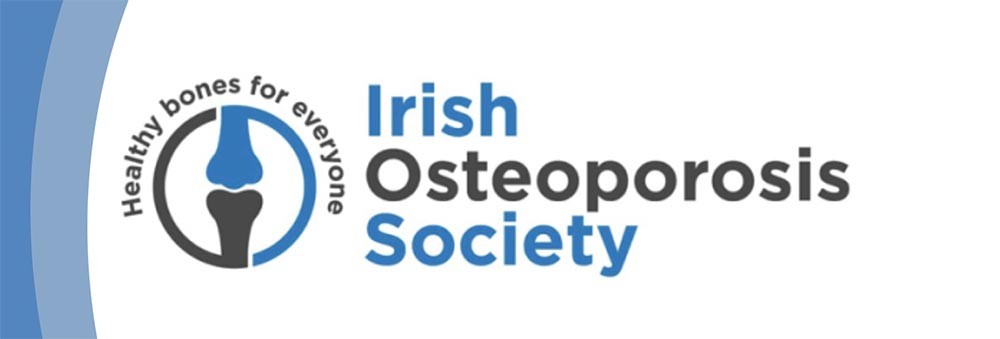
On World Osteoporosis Day; the Irish Osteoporosis Society is urging women over 65 to make bone health a priority.
This follows their recent survey of GP’s across the country who revealed that 92% of patients diagnosed with osteoporosis after suffering a fracture are surprised with their diagnosis2. In 2019, almost 4,000 people were hospitalised for osteoporosis related hip fractures in Ireland, of which 69% were females.
The research indicates that the treatment gap for the silent disease is widening across the country and Ireland has the sixth highest rate of hip fragility fractures (breaks) in the world[3].
The Irish Osteoporosis Society are focusing on women with more than half (53%) at increased risk of a fragility fracture still untreated for osteoporosis, leaving a large proportion of women at risk of debilitating, but preventable, fractures. Some of which can occur from something as simple as a sneeze or bending over to tie a shoelace.
Professor Moira O’Brien, Founder of the Irish Osteoporosis Society, describes the diagnosis rate as, “Shocking, considering most fractures can be prevented and osteoporosis, unlike many diseases, is treatable. Early diagnosis of this silent disease is extremely important to help people, particularly women, avoid potentially life changing injuries. Our recent GP survey indicates clearly that more awareness is needed but also GP’s need better access to resources like DXA scans, which in some areas GP’s can send public patients to several private clinics. We know that recovery from bone fractures can be very difficult, so we are asking people to become aware of their bone health and speak to their GP or contact us at the Irish Osteoporosis Society, this World Osteoporosis Day.”
Risk factors for osteoporosis include those that are out of our control such as, being a woman over 65, having a history of osteoporosis in your family and having a history of broken bones. Other risk factors that we can control include being a smoker, drinking excessive amount of alcohol and having a low body weight.

Irish Osteoporosis Society Ambassador and TV presenter Mary Kennedy is encouraging women to start thinking about protecting their bone health, “I had never given much thought to my bone health until I learned about the risks, particularly to women my own age, over 65. There are some simple steps to take to help protect your bones.
For example, every day, I make sure that I take the daily recommended amounts of calcium and Vitamin D and I also try to ensure I get my 5-a-day when it comes to fruit and vegetables. Regular exercise is part of my daily routine. I like to get out for a walk almost every day. I would encourage all women to speak to their GP about potential risk factors and steps that can be taken to help protect bone health or visit the Irish Osteoporosis Society website.”
54% of the GP’s surveyed across the country admitted that a lack of resources has a negative effect on diagnosing osteoporosis2, making it increasingly important that each patient has a better understanding of the risk factors in order to manage their bone health and raise any concerns with their own G.P. The survey also found that 69% of GP’s offer advice to at risk patients on how to avoid fractures while 100% believe that patient knowledge needs to be improved2.
Visit www.irishosteoporosis.ie for up-to-date advice on how to protect your bones. Follow us on Facebook and Twitter for regular updates and information. The ‘She Doesn’t Deserve A Break’ campaign is associated with the Irish Osteoporosis Society and organised by Amgen.

The Irish Osteoporosis Society Charity (IOS) was founded by Professor Moira O’Brien in 1996 as a patient support organisation for those suffering with Osteoporosis and their families. The Irish Osteoporosis Society is the only organisation in the Republic of Ireland that deals specifically with Osteoporosis.
From the outset, the IOS has been dedicated to reducing the incidence of Osteoporosis, a preventable bone disease in most cases, and promoting bone health. The IOS provides information to the public and health professionals on all aspects of the disease and offers support to people with Osteoporosis and everyone at risk from the disease. The IOS want to significantly decrease the number of senior citizens who are losing their independence from undiagnosed Osteoporosis.